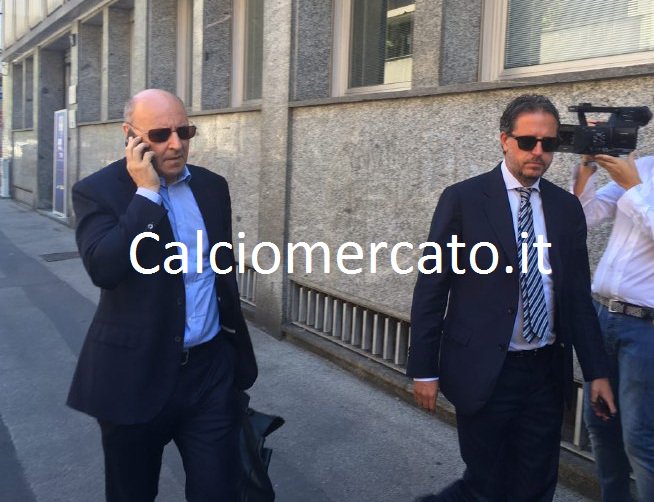There is a lot of confusion going on here about amortizations and transfer fees. Amortizations are irrelevant for the actual finances of the club, except for tax purposes.
For example, suppose we buy Higuain for 94m paid in 2 installments and give him 12m per year gross wage and a 5 year contract. In the balance sheet we book an asset worth 94m (the rights on Higuain) and we sutract 47m cash. So the effects on the assets is +47m. In the liabilities we add the 47m we owe Napoli next year, so the the liabilities are also +47m.
Next year, we pay Napoli 47m and we amortize 1/5th of the rights on Higauin. Assets are -94/5=18.8m and -47m cash, which is -65.8m. Liabilities are -47m we don't owe Napoli anymore. The 18.8m affect the equity through the income statement, so equity is -18.8m. Always assets=liabilities+equity.
In the income statement (aka profit and loss statement) the only things that have any effect are the wage (-12m) and the amortization (-18.8m). That's why people say that the total cost per year is the wage + amortization. But that's just accounting junk. It is not the real economic effect and doesn't affect the valuation of a company and shouldn't affect business decisions.
Suppose we sell Higauin after his 3rd year for 10m. The residual value of Higuain is 2/5 of 94m = 37.6m. So the effect on the assets sheet is +10m (cash) - 37.6m = -27.6m. There is not effect on the liabilities. Equity is -27.6m because we record a loss in the income statement. So, we lose 27.6m from the sale and we save 18.8+12=30.8m from amortization and wages for the next 2 years, so the total effect from the sale is:
year 0: -27.6m; year 1: +30.8m; year 2: +30.8m, total: +34m.
Why is this not the correct way to look at it?
The much simpler analysis
year 0: +10m transfer fee; year 1: +12m saved wage; year 2: +12m saved wage, total: +34m, gives you the same total, but a different distribution over the years. But this is the correct distribution because it reflects the actual cash flow. We are not giving 27.6m in year 0 and getting 30.8m for the next 2 years. We have already paid for Higuain.
The way analysts value companies is by discounting the future earnings. But for the reason I explained, they don't look at net income (which includes amortizations), they look at EBITDA (earnings before interest taxation depreciation and amortization) - taxes - CAPEX (capital expenses). Amortizations are not a cash flow, but CAPEX are. Buying Higuain is a capital expense (and so is selling him, but with the opposite sign), so what matters is when the installments are actually paid.
Hope that helped.
 Buy on AliExpress.com
Buy on AliExpress.com
 "either you give us 443 million, or surrender all your star players to us"
"either you give us 443 million, or surrender all your star players to us" 


